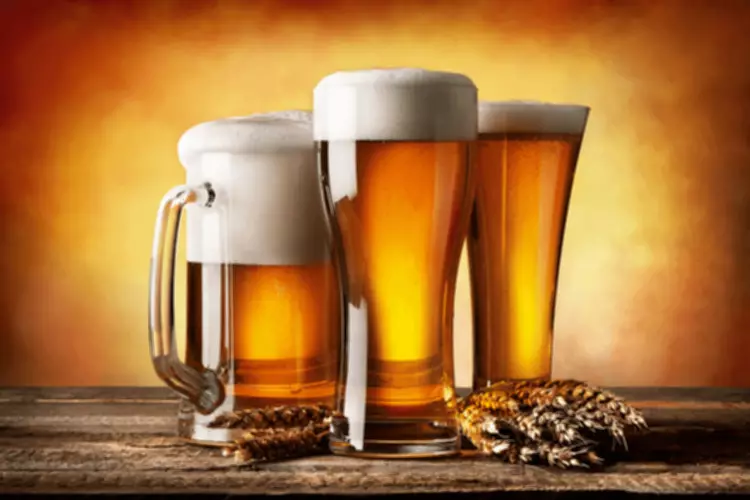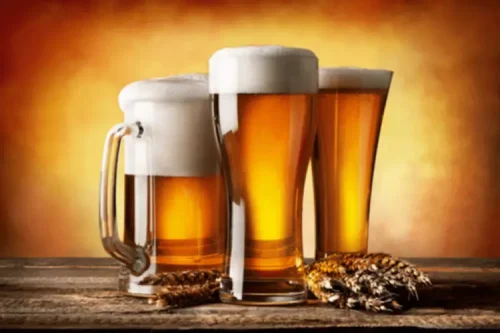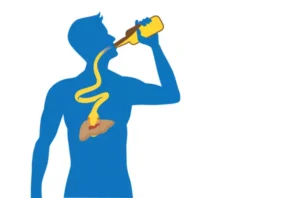
If you drink or eat pot, it may take many hours for you to fully sober up. You may not always know how potent your recreational marijuana might be. Many people think marijuana use is harmless, especially because it’s a natural product. While many people are able to use it without becoming addicted or abusing it, it’s not a benign substance. Even though you may not be able to prevent marijuana abuse and addiction, there are things you can do to reduce the risk. Things like extended family support, language-based discipline from parents, and a supportive peer group can help counteract some risk factors.

Marijuana Addiction Treatment Is Always Possible
Marijuana, also known by slang names like weed, pot, grass, bud, herb, ganja, and mary jane, consists of the dried leaves, flowers, stems, and seeds of the Cannabis sativa plant. Detox can help you to stop using cannabis with maximum safety and minimal discomfort. A successful detox experience can be an essential first step along your path to long-term abstinence. In a 2017 Gallup survey, it was found that about 64% of individuals in the United States backed the legalization of marijuana. This marks a significant rise from the 12% recorded in 1969 when Gallup initially posed this inquiry.
Where to Find Treatment for Marijuana Addiction
At Priory hospitals and clinics, you can participate in detoxification prior to starting residential treatment for your cannabis problem. During a drug detox, you’ll be in a safe environment, under the care of experienced professionals. These symptoms typically begin 24–48 hours after cessation, peak within the first week, and can last for 1–2 weeks.
What Does Marijuana Addiction Look Like?
This growing societal endorsement, coupled with influential proponents and economic rationales, has paved the way for expanded marijuana legalization within the United States and abroad. Law enforcement perceptions view cannabis as a gateway drug leading to the use of illegal narcotics, affecting their handling of marijuana-related crimes and offenders. Law enforcement agencies enforce regulations regarding marijuana use, possession, cultivation, and distribution based on local laws and policies. Legal consequences for marijuana-related offenses vary by jurisdiction and include fines, probation, or imprisonment. Pew notes that the use and possession of marijuana are illegal under U.S. federal law, yet approximately three-quarters of states have legalized it for medical or recreational purposes. The Biden administration has recently proposed reclassifying cannabis as a Schedule III controlled substance, a category that recognizes some medical benefits.
Signs of Addiction
- As a result, users develop a tolerance, needing more cannabis to achieve previous effects.
- Addiction Resource does not favor or support any specific recovery center, nor do we claim to ensure the quality, validity, or effectiveness of any particular treatment center.
- Doctors at Yale Medicine treat patients for cannabis use disorder and are conducting leading research to advance therapies to treat it and to better understand the effects of cannabis on the brain.
- If you think you may be suffering from an emergency medical condition and/or have a medical emergency, please call 911 or go to your nearest hospital emergency room.
- Currently, there are no FDA-approved medications specifically for treating marijuana addiction, but medications are used to manage co-occurring conditions or withdrawal symptoms.
- The American Psychiatric Association’s most recent criteria for substance use disorders include tools to identify cannabis addiction.
- If you continue to feel anxious after a week of discontinuing use, seek professional help.
Your body absorbs THC more slowly if you eat or drink it — you typically experience the effects after 30 minutes to one hour. Not all hospital systems and healthcare providers certify medical marijuana in states where it’s legal. This is mainly due to the lack of thorough research and clinical trials on the medical uses of marijuana. A treatment center will attempt to verify your health insurance benefits and/or necessary authorizations on your behalf. Please note, this is only a quote of benefits and/or authorization.

Many people mistakenly believe that cannabis is a safe or harmless substance, although if you misuse cannabis you expose yourself to both immediate harm and long-term damage, including addiction. The risks of using marijuana during pregnancy include potential harm to fetal development, such as low birth weight, cognitive impairments, and behavioral problems. Yes, with the right interventions and support, individuals with marijuana addiction achieve recovery and lead fulfilling lives. Dr. D’Souza and others at Yale Medicine are hard at work developing the most promising behavioral, pharmacological, and combined treatments for cannabis use disorder. About 10% of people who begin smoking cannabis will become addicted, and 30% of current users meet the criteria for addiction.

What is medical marijuana?
- Long-term use of marijuana has been proven to have addictive potential.
- Regular engagement with meditation practices can help cultivate emotional stability and resilience, which is helpful for navigating addiction.
- Those who have tried to quit or decrease their use of marijuana in the past and have been unsuccessful may benefit from the support of professional treatment programs to address the effects of marijuana addiction.
People who start using cannabis before the age of 18 have a higher risk of becoming addicted. Just because the name has changed and the term “cannabis use” has replaced “cannabis abuse” or “cannabis dependence” doesn’t mean that cannabis is not addictive. Navigating is marijuana addictive the journey away from cannabis addiction, dependency, or CUD can be daunting, yet seeking support transforms the experience. Key to navigating this is building a robust set of healthy coping mechanisms for stress, anxiety, and life’s larger hurdles, which can significantly reduce the appeal of turning to substances for relief.
- Although legalization removes cannabis from being a focal point of criminal study, it does not signify the cessation of interest or relevance in the field of criminology in the post-legalization era.
- When withdrawing from marijuana, you might feel extra edgy and irritable, have trouble sleeping and eating, and may even get a stomachache or headache.
- Thus, the THC in marijuana overly activates parts of your brain that contain the highest number of these receptors, leading to a series of effects.
The reinforcement immediately follows the behavior, and the value of the motivator is significant to the person. MET is based on motivational interviewing and helps to increase changes in behavior by giving nonjudgmental feedback and helping people set goals. There are studies of children whose mothers used marijuana when pregnant with them. These children were found to have decreased verbal reasoning skills and more hyperactivity, impulsivity, and decreased attention.
